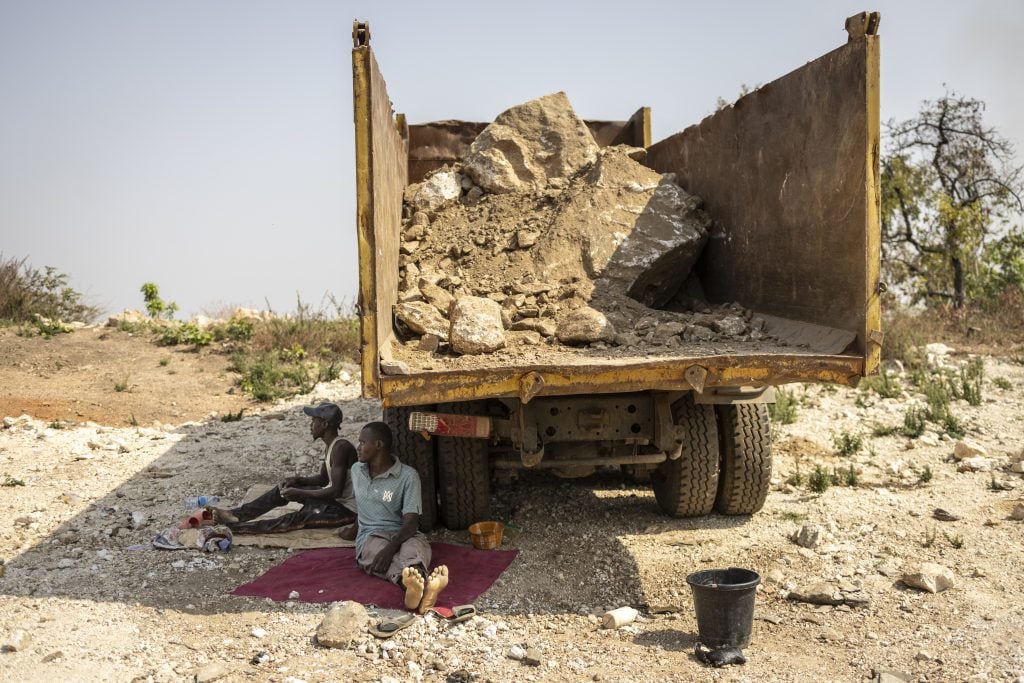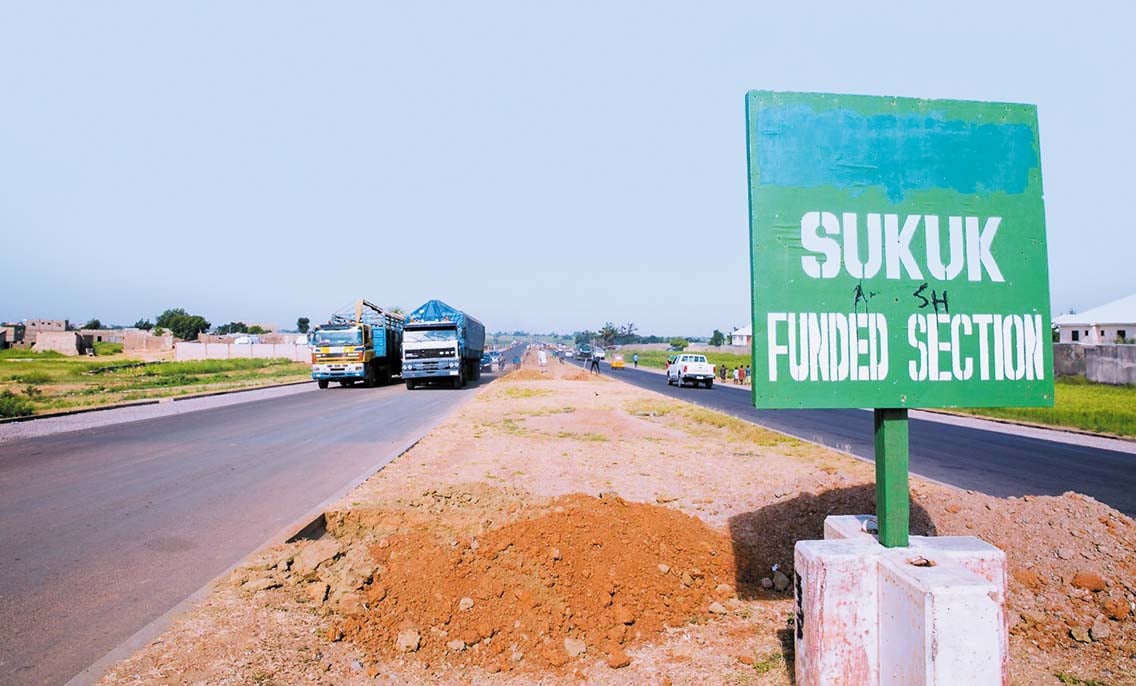
Nigeria’s revenue profile is beginning to show signs of resilience beyond crude oil. According to the country’s federal government, between January and August 2025 non-oil revenue surged significantly, contributing to total government collections of 20.59 trillion naira ($13.8bn), a sharp 40.5% rise from the 14.6 trillion naira recorded during the same period in 2024.
This upward trend underscores the critical role non-oil exports can play in reshaping the West African country’s economic outlook. Among these non-oil segments, the mining and solid minerals sector stands out as one of Nigeria’s most underutilised sectors. Despite Nigeria’s vast deposits of limestone, coal, gold, bitumen and other strategic minerals, the industry has struggled with structural bottlenecks, poor investment inflows, inadequate infrastructure and inconsistent policy frameworks since independence.
The spate of illegal mining activities in several states, especially in the north, besides undermining the economy, has fuelled banditry, kidnapping and community unrest. The cost of illegal mining of all types is estimated at $9bn annually. According to Abdulaziz Yari, the immediate past governor of Zamfara State, over $500m was being generated in that state alone annually by illicit miners, with not a single naira making its way into state coffers. After more than five years of security restrictions, the federal government lifted the ban on mining exploration activities in Zamfara State in December, citing significant improvements in the security situation across the state.
Nationwide, thousands of mining marshals have been employed by the government to tackle the problem, and the Economic and Financial Crimes Commission is taking a tougher line towards illegal mining across the country. Experts say that an improved security environment and crackdown on illegal mining can help to sustain a legitimate sector.
A key driver of diversification
Nigeria’s minister of solid minerals development, Dele Alake, stressed that mining has been identified under President Bola Tinubu’s “Renewed Hope Agenda” as one of the key drivers of economic diversification away from oil. According to Alake, reforms are under way aimed at strengthening legal frameworks, streamlining licensing processes and fostering sustainable partnerships that can attract responsible investment.
He said: “Beyond raw material extraction, our vision is to build sustainable value chains, promote beneficiation and value addition, boost GDP contribution, create jobs and embed global best practices in environmental and social governance.”
The president of the Miners Association of Nigeria, Dele Ayanleke, says this supportive policy framework is urgently needed to support growth. “Infrastructure gaps, access to finance and regulatory bottlenecks continue to affect miners, especially small-scale operators. Skills development and technology adoption are also critical areas that require sustained attention.”
The government last year unveiled plans to allocate 70bn naira ($46m) for exploration and set up a state-owned solid minerals corporation in a bid to facilitate investment in the sector.
“The Solid Minerals Corporation will be an enduring legacy. No future government will be able to exert any political interference. The President has approved this, and we are looking at a 50% equity stake for the private sector, 25% for Nigerians and 25% for the federal government,” the minister said in February.
Streamlining licensing
Government has also mulled tax breaks on mining equipment imports, streamlining the process of acquiring operational licences and enabling the complete repatriation of earnings by global mining investors.
There is a need for Nigeria’s policymakers to take serious steps in addressing the challenge of multiple regulations in the mining sector which chips away at investor confidence. Nigeria’s outdated Land Use Act has long caused conflict between the federal government’s exclusive mining rights and state or community land ownership, leading to landowner resistance and hindering operations.
Communities too frequently miss out on the benefits of their resources. But revised guidelines for Community Development Agreements make it mandatory to get the consent of host communities before applying for mining licences. The revocation of dormant licences and the inclusion of plans for value addition are now federal government policies.
Last year the federal government revoked thousands of dormant licences spanning exploration, mining, small-scale mining and quarrying under its new “use it or lose it” approach. Advocates say the creation of a National Solid Minerals Areas Development Commission could help to encourage sustainable practices, guarantee fair benefit distribution and stimulate socio-economic development in mining communities.
Another challenge is extensive geological data, which is crucial to the industry, but is still not readily available and accessible for companies. The government has responded by developing an information site, the Nigeria Mineral Resources Decision Support System, where investors can view details about infrastructure and mineral resources. Before now, potential foreign investors needed to fly to Nigeria to get the information they needed.
“The importance of data for investors cannot be overemphasised. With accurate data, investors will be able to project the commercial value of mineral deposits and make informed investment decisions,” Alake said at its launch.
If properly harnessed, Alake insists mining could rival oil as a leading source of foreign exchange and job creation. The recent gains in non-oil revenue thus make a compelling case for Nigeria to accelerate reforms and attract investment into mining.






Recent Comments